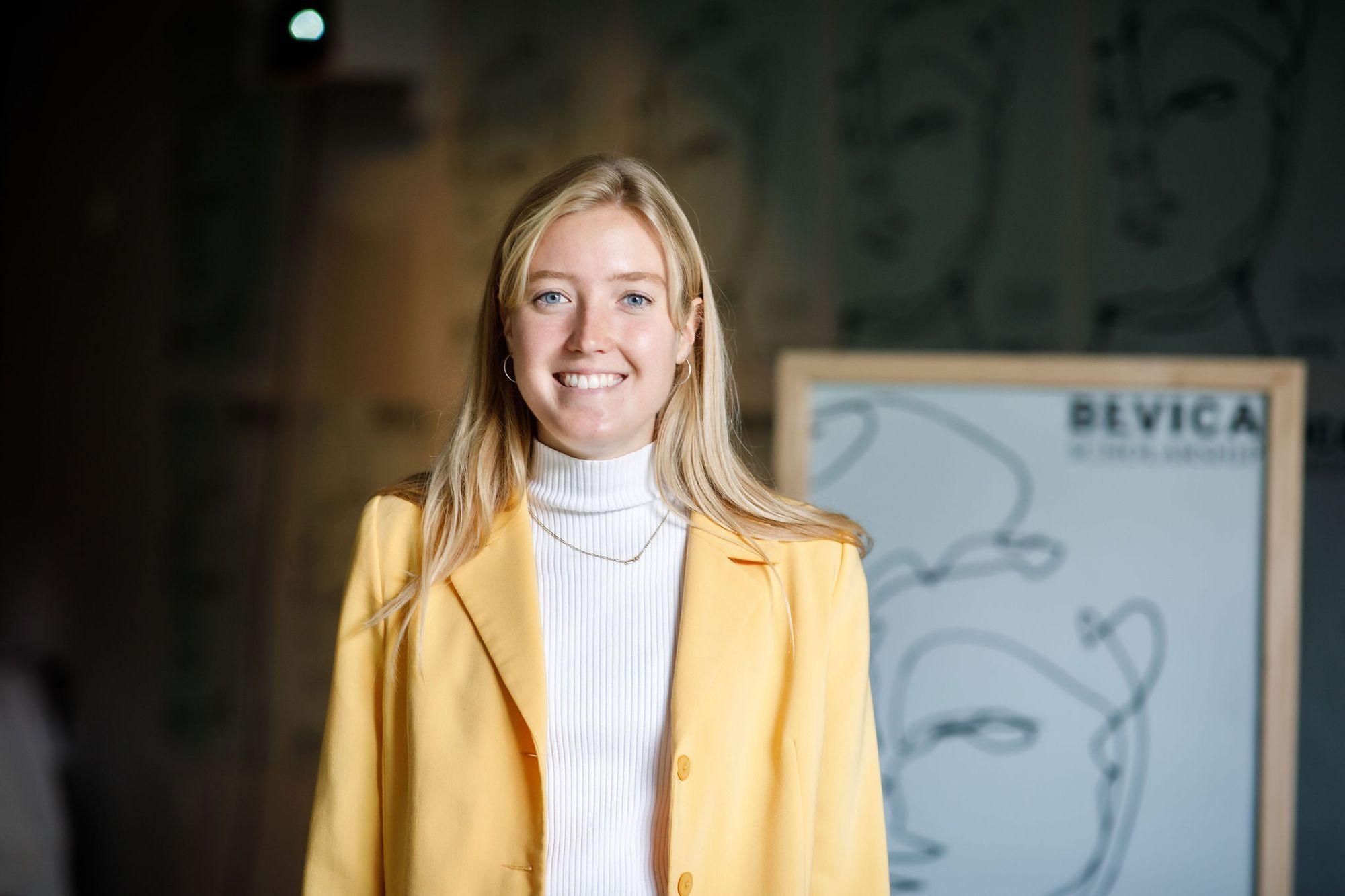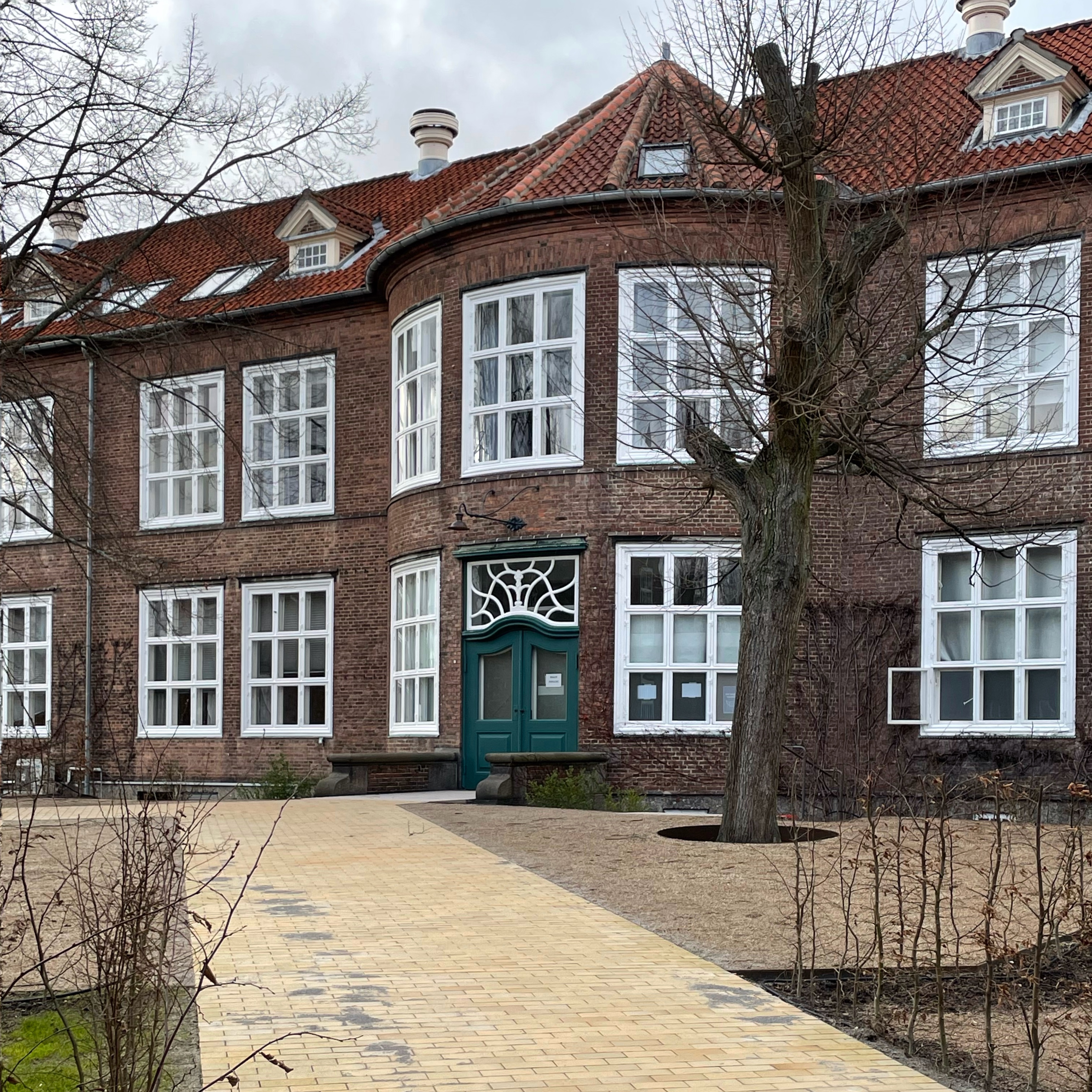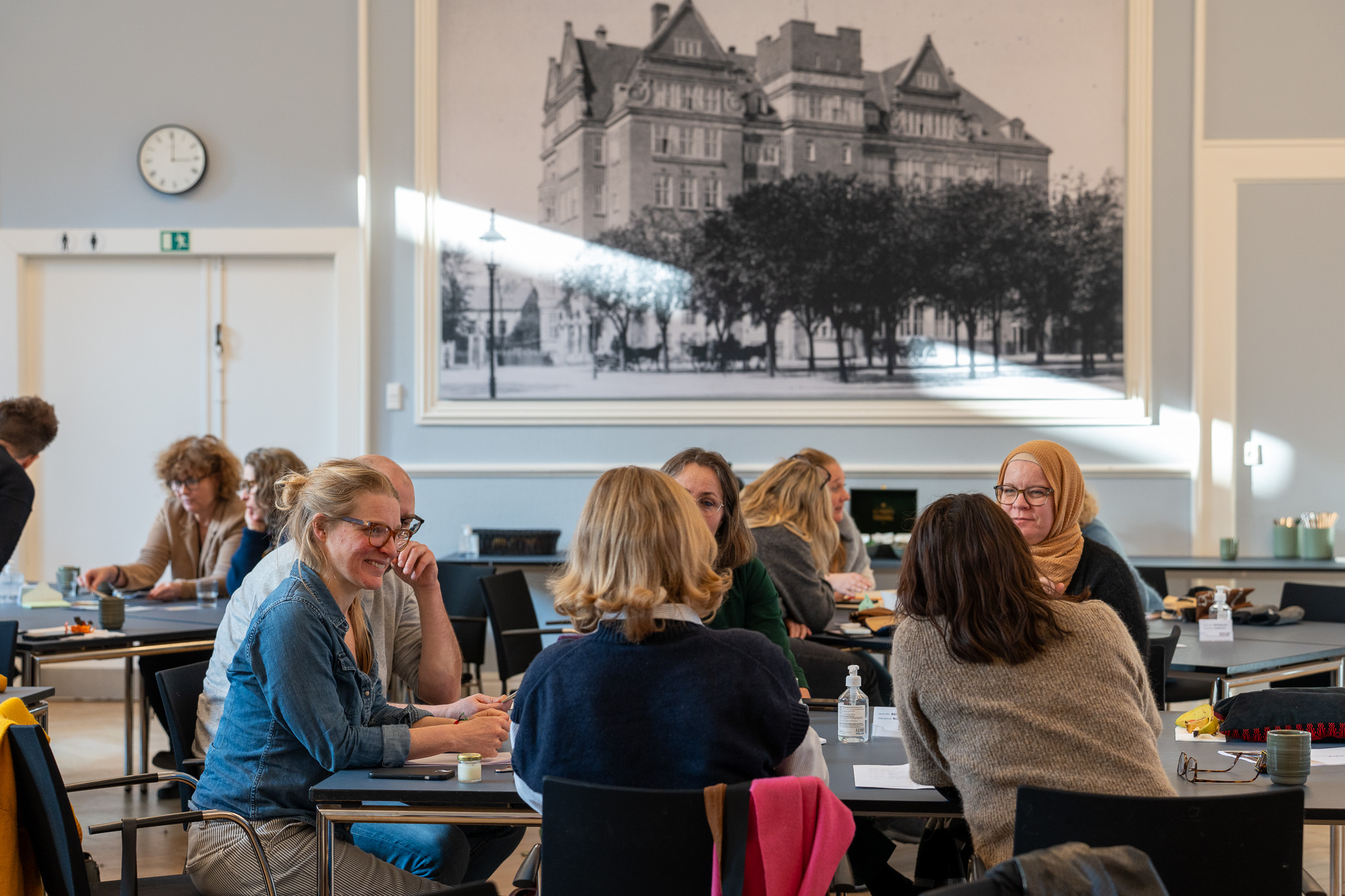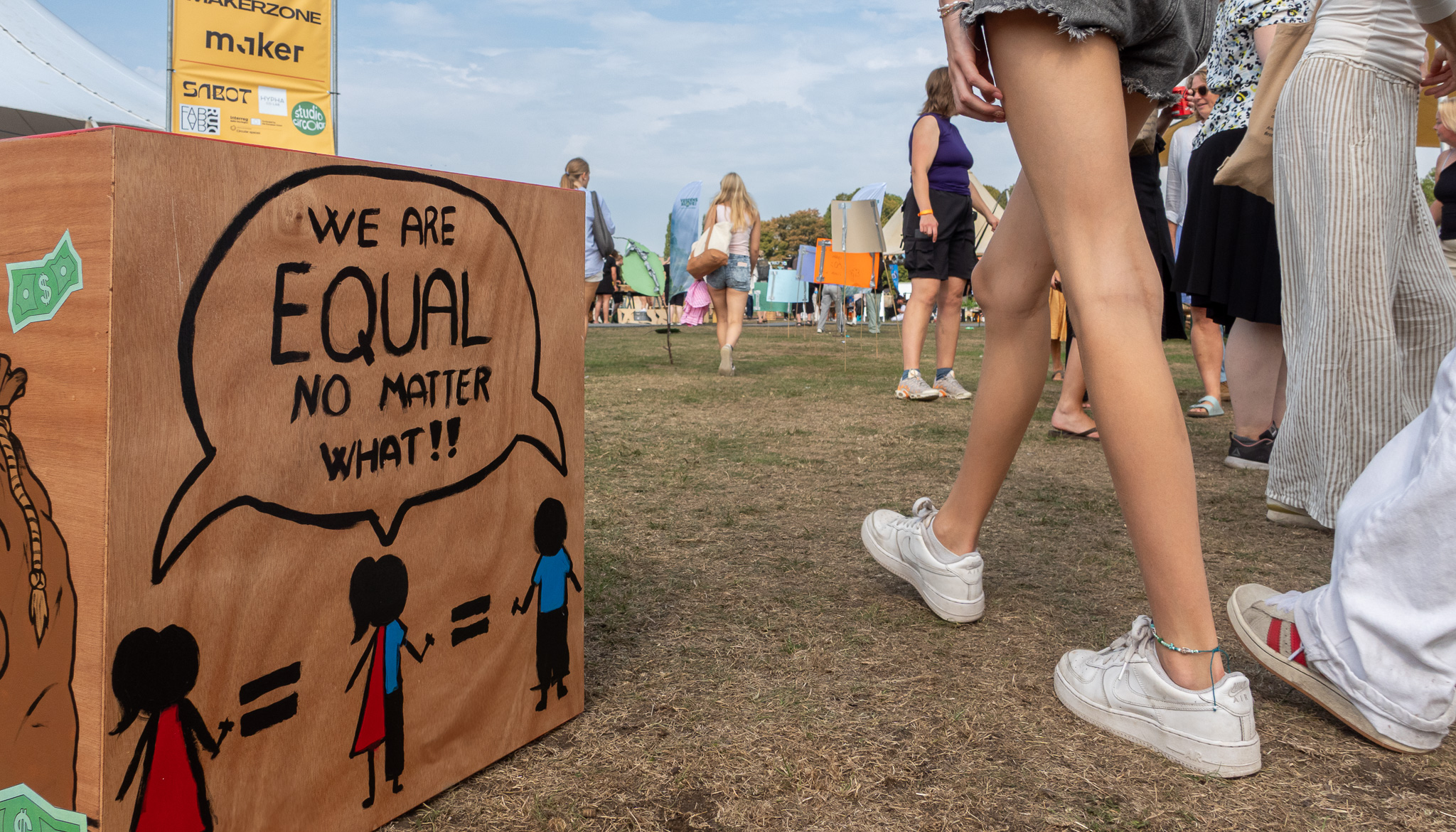
When climate disasters hit the vulnerable, accessibility must be part of the plan

As we face climate change, scholarship winner Daura van Vuuren is determined to spread awareness of the intersection between this global problem and people with disabilities.
By Tanya Maria Møller Knudsen
Note: This article is available in English only. A Danish translation is not provided, but you can read the original version below.
Growing up with a brother who has Down syndrome, the needs of people living with disabilities have always been an important perspective for Daura van Vuuren.
Through her master’s degree in Climate Change at the University of Copenhagen, she learned that disability is rarely addressed when discussing people vulnerable to climate change.
She decided to investigate this problem and learned how Universal Design could help address it:
“I wanted to understand how I could help the disability community take a lead in this conversation.”
With the Bevica scholarship, Daura van Vuuren undertook research trips around the world to gather insights from diverse cultural perspectives and communities.
Cultural perspectives
Daura Van Vuuren went to the US, Indonesia, Fiji, and Australia, among others, as these places could offer different perspectives, she says. The disability rights movement is historically strong in the US and Canada, and countries like Indonesia and Fiji are already experiencing severe climate impacts.
During her trips, she listened to the lived experiences of disability activists and local advocates, and how some of them had already experienced climate emergencies.
“The practice of how we take care of the elderly or people with disabilities is very culturally determined. If we take a step back, we can learn from different societies and types of community resilience,” she says.
Furthermore, she learned how solutions are already being put in place. One example is in New South Wales in Australia, where they are developing people-centred emergency response plans.
When we deal with a heatwave or flooding driven by climate change, Universal Design is an important lens to understand adaptation, Daura van Vuuren says:
“We need to ensure that we have climate measures in place that protect all of society, accounting for different and ever-changing abilities."
Still, in her research, she encountered a vast knowledge gap on the links between climate change impacts and disability.
“There’s a lot of work to be done to make everyone understand the intrinsic connection between climate change and people with disabilities,” she says.
A shift in the discussion
Back in Copenhagen, Daura van Vuuren is continuing her exploration of starting a legal case against Denmark for not upholding its pledges to protect people with disabilities, which was inspired by her research findings. While a legal case would only be a means to an end, it would be a strong tool to help sound the alarm bells politically, she thinks.
To raise further awareness, she plans on creating a book to give an insight into her research findings. She also hopes to create a documentary to help capture the lived experience of people with disabilities in the face of climate change, hoping it will change the discussion.
“The goal is not to have climate being discussed during a disability conference. The goal is to have disability and Universal Design being discussed during a climate conference,” Daura van Vuuren says.
In the future, better data and statistics are needed to show the impacts on people with disabilities.
For now, she is passionate about outlining the current knowledge and research gaps to then help build an inclusive approach to climate mitigation and adaptation.
Important learning environments within her field
- Medical research: A lot of climate change impacts are health impacts, Daura van Vuuren explains. Therefore, it’s important to take medical research into account to understand the impacts on different people in society.
- Data and statistics: We need to have more accurate data on the specific impacts of climate change for people with disabilities and to map out the financial arguments for inclusive approaches, she says.
Furthermore, she highlights these four knowledge environments for theirimportance:
- Disability-Inclusive Climate Action Research Centre (DICARP)
- World Institute on Disability
- Harvard Law School Project on Disability
- Center for Environmental Law and Climate Justice, University of Indonesia
Mere viden om universelt design
Gå på opdagelse i Bevica Fondens vidensbibliotek
Seneste nyt
Følg med i det sidste nye i Bevica Fonden herunder.


